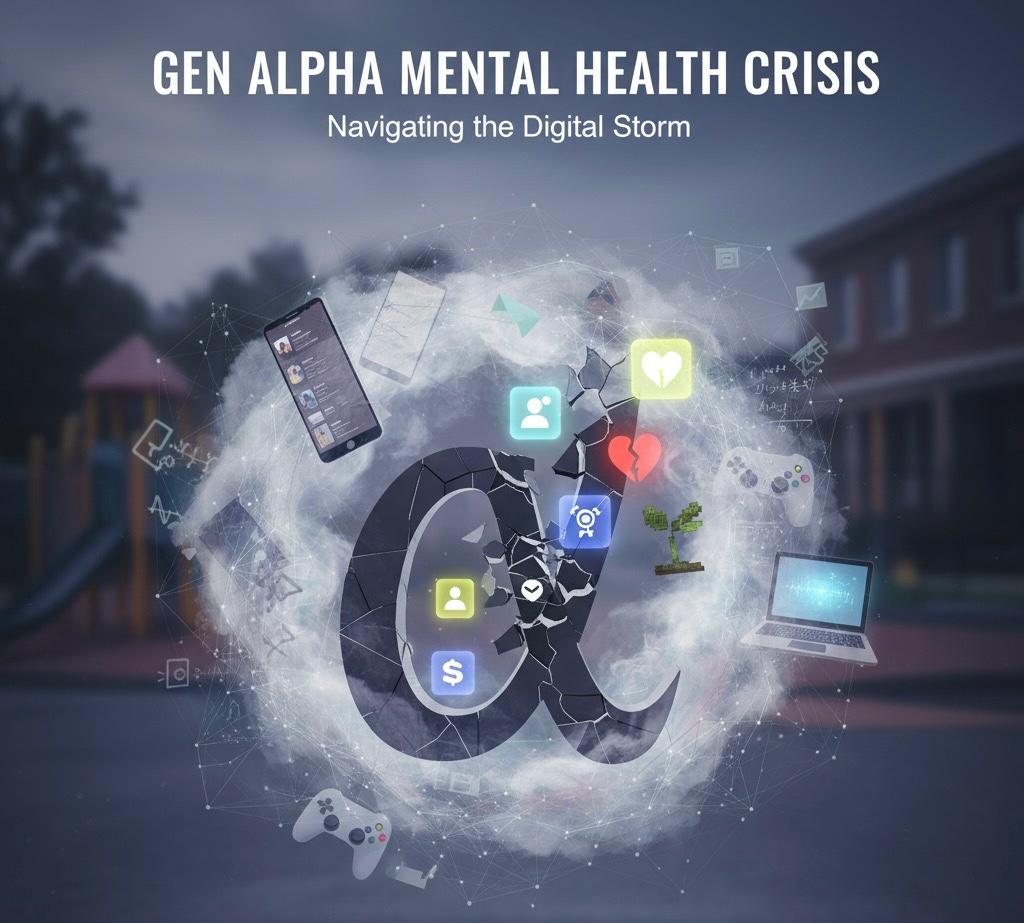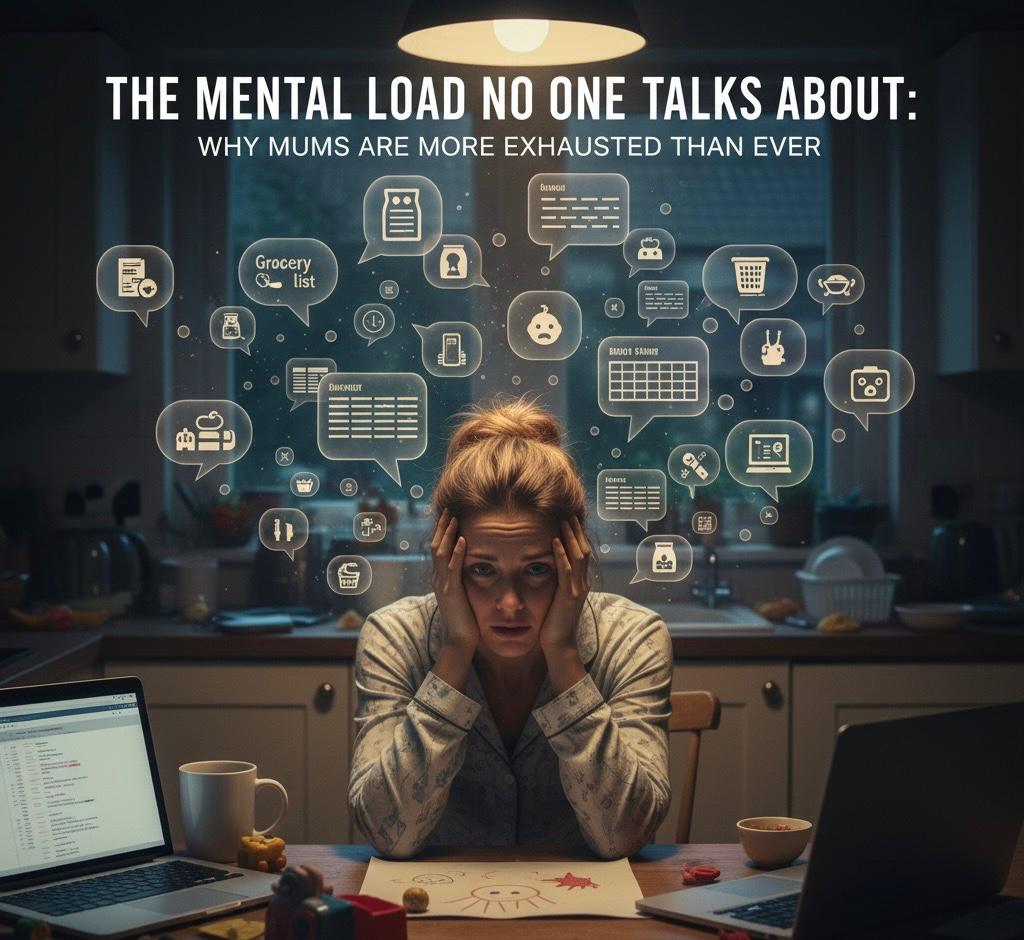Family therapy, a form of psychotherapy, seeks to reduce distress and conflict by improving the systems of interactions between family members. Unlike individual therapy, which focuses on the problems and behaviors of one person, family therapy addresses issues within the context of the family unit. This article explores the underlying principles of family therapy, its applications, and its effectiveness, drawing on scientific literature.
Principles of Family Therapy
Family therapy is based on the premise that an individual’s problems are often the result of dysfunctional family interactions. Therapists trained in family therapy techniques look at the family as a system with its own unique structure and patterns of communication, which may contribute to the problems experienced by its members. Central to family therapy is the belief that change in any part of the system can affect the entire system, and therefore, therapy aims at changing the family dynamics to solve the problems (Minuchin, 1974).
Applications of Family Therapy
Family therapy can be applied to a wide range of family situations and mental health issues, including but not limited to:
- Marital and Couple Conflicts: Helping couples resolve conflicts and improve their relationship dynamics.
- Behavioral Problems in Children and Adolescents: Addressing issues such as conduct disorders, substance abuse, and academic problems.
- Mental Health Disorders: Managing conditions like depression, anxiety, eating disorders, and schizophrenia within the context of family interactions.
- Life Transition and Adjustment Issues: Assisting families in adapting to changes such as divorce, remarriage, or the death of a family member.
Techniques and Models
Several models and techniques are employed in family therapy, each with its theoretical underpinnings and methods of intervention. Notable among these are:
- Structural Family Therapy (Minuchin, 1974): Focuses on restructuring the family’s organization and patterns of interaction.
- Strategic Family Therapy: Involves assigning tasks and using paradoxical interventions to change behaviors.
- Systemic Family Therapy: Looks at the family as part of larger systems, exploring dynamics and unconscious processes.
- Narrative Therapy: Encourages families to rewrite the narratives that shape their lives, focusing on strengths and solutions.
Effectiveness of Family Therapy
Research supports the effectiveness of family therapy in treating a wide range of psychological problems and improving family functioning. A meta-analysis by Shadish et al. (1993) found family therapy to be generally more effective than no treatment and at least as effective as individual and other forms of therapy in treating adolescent conduct disorders, marital distress, and schizophrenia. Recent studies continue to affirm the positive outcomes of family therapy, particularly in improving communication, problem-solving abilities, and overall family relationships (Carr, 2019).
Conclusion
Family therapy offers a valuable approach to treating mental health issues within the context of family dynamics. By addressing the systemic patterns that contribute to dysfunction, family therapy can facilitate meaningful changes that improve the well-being of all family members. As research continues to evolve, the integration of various models and techniques in family therapy is likely to enhance its applicability and effectiveness further.
References
- Minuchin, S. (1974). Families and Family Therapy. Harvard University Press.
- Shadish, W. R., Ragsdale, K., Glaser, R. R., & Montgomery, L. M. (1993). The efficacy and effectiveness of marital and family therapy: A perspective from meta-analysis. Journal of Marital and Family Therapy, 19(4), 345-360.
- Carr, A. (2019). Family Therapy for Adolescents: A Research-Informed Perspective. Routledge.
How to get in touch
If you or your patient/NDIS clients need immediate mental healthcare assistance, feel free to get in contact with us on 1800 NEAR ME – admin@therapynearme.com.au.







